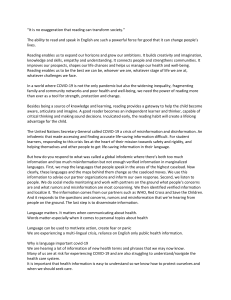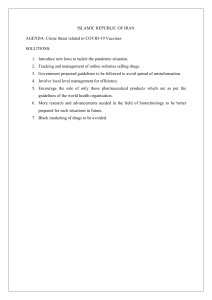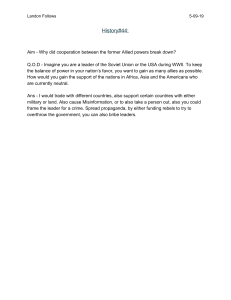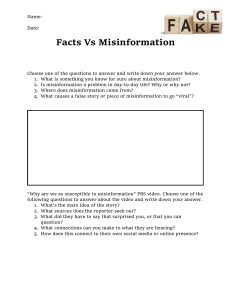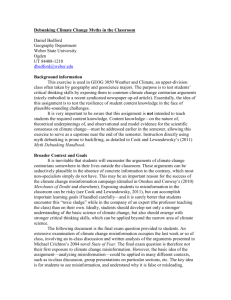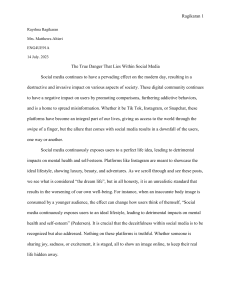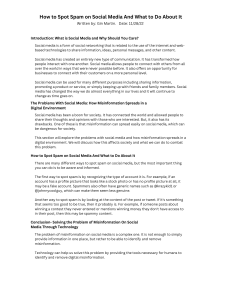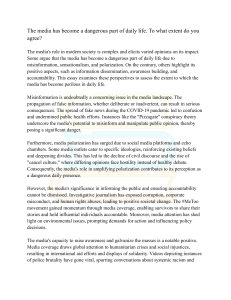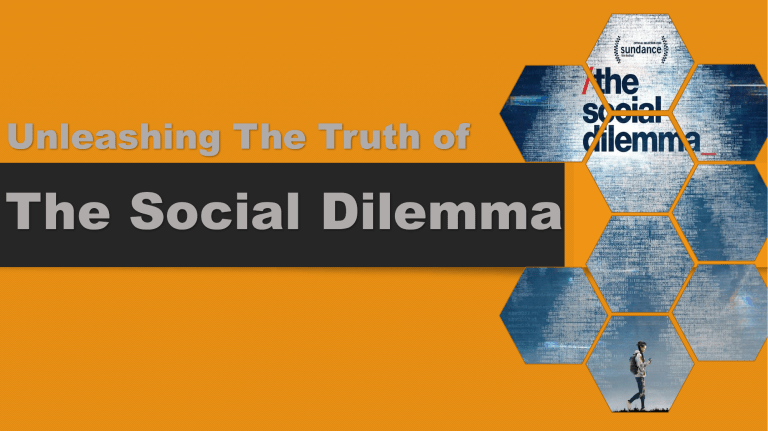
• Addictive Designing of Social Media • Manipulation Using Algorithms • Impact on Mental Health • Spread of Misinformation *The documentary is based on interviews of people working in Apple, Google, Mozilla, Instagram etc. (SENIOR MEMBERS) • They all agree to Sophocles as they also fear that social media is somehow dangerous. • During the interview, they emphasized on social media’s negative effects on health and cyber crimes. • The idea of social media being a hub of fake news and terrorism also got much attention in the interview. • One of those members wrote a book named: • Social media platforms employ sophisticated design techniques to capture and retain users' attention. • Features like notifications, likes, and infinite scrolling are intentionally designed to trigger dopamine responses, leading to addictive behaviors. • The addictive nature of social media usage has profound implications for mental health and well-being, contributing to issues like anxiety, depression, and social isolation. • Algorithms power the content distribution systems of social media platforms, determining what content users see on their feeds. • These algorithms are designed to maximize engagement by showing users content that aligns with their interests and preferences. • However, this personalized content can create filter bubbles and echo chambers, limiting exposure to diverse perspectives and reinforcing existing beliefs. • Excessive social media use has been linked to a range of mental health issues, including anxiety, depression, and low self-esteem. • Comparison culture and the pressure to present an idealized version of oneself on social media contribute to feelings of inadequacy and discontent. • Young people, in particular, are vulnerable to the negative effects of social media on mental health, as they navigate identity formation and social dynamics online. • Social media platforms have become fertile ground for the rapid spread of misinformation, fake news, and conspiracy theories. • The viral nature of social media amplifies misinformation, often leading to widespread confusion and distrust in traditional sources of information. • The proliferation of misinformation poses significant challenges to societal cohesion, public discourse, and democratic processes. • "The Social Dilemma" serves as a wake-up call, prompting reflection on the societal implications of social media and technology. • By fostering greater awareness and critical thinking, individuals can make informed choices about their digital interactions and consumption. • • • • • Ahmed Raza (FA23BEE-160) M. Haseeb (FA23BEE-089) Shazal Shakeel (FA23BEE-118) M. Usarim (FA23BEE-101) Zahab Azmat (FA23BEE-142)

